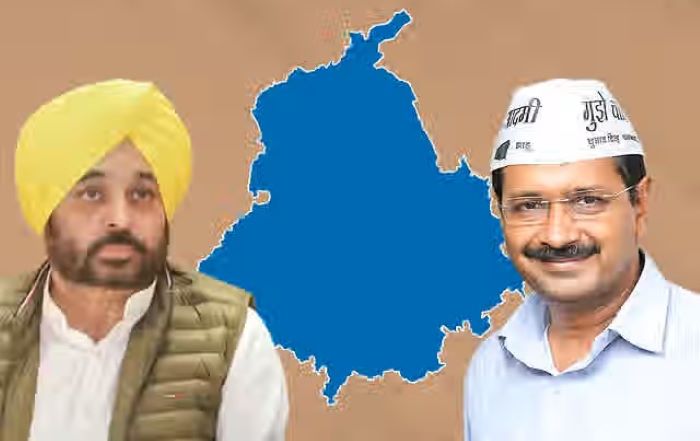
The recent trend of the Punjab government acquiring panchayat lands and selling public property has raised serious questions about both intent and transparency. These lands and properties are not merely assets—they are the collective wealth of the people, built and maintained over generations. Yet, while the government is in a hurry to monetize them, there is no clear roadmap explaining how this money will be used, or whether it will truly benefit the common people of Punjab.
Every day, new reports emerge of panchayat lands being taken over under various pretexts—some for “development,” others for “revenue generation.” But behind these official words lies an uncomfortable truth: the people whose villages, homes, and communities depend on these lands are being left in the dark. There is no consultation, no detailed plan, and no guarantee that the proceeds will reach the rural poor who need it most. Instead, this looks like a short-term measure to cover the growing financial burden of a government struggling to manage its expenses.
Punjab’s public property—government buildings, rest houses, and community spaces—are slowly being treated like disposable assets rather than public trust. This is dangerous not only economically but also socially, because once sold, these properties can never be recovered. The state’s financial situation is indeed serious, but selling the heritage of its people without a transparent roadmap is not a solution—it’s an admission of poor planning and a lack of vision.
The people of Punjab deserve to know: where will this money go? Will it be used for real development—education, healthcare, and job creation—or will it vanish into administrative expenses and political showmanship? The government owes an honest answer to every villager whose common land is being taken and every citizen whose public property is being sold. A responsible government must act like a trustee, not a trader. Without a clear roadmap, these actions risk turning Punjab’s public wealth into private opportunity—and its people into mere spectators of their own loss.